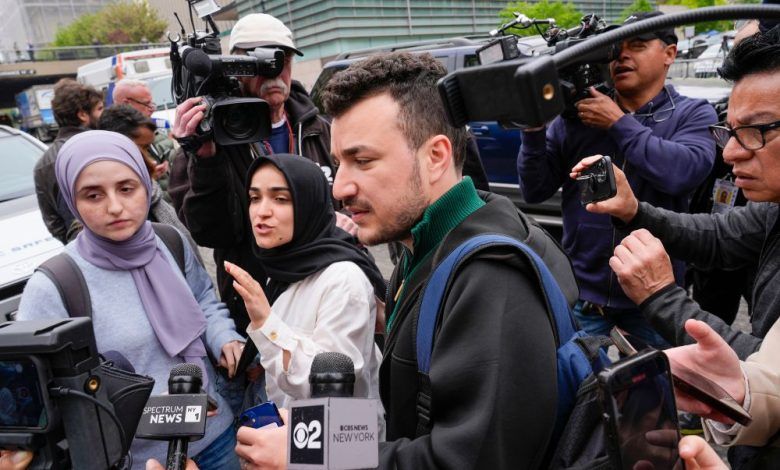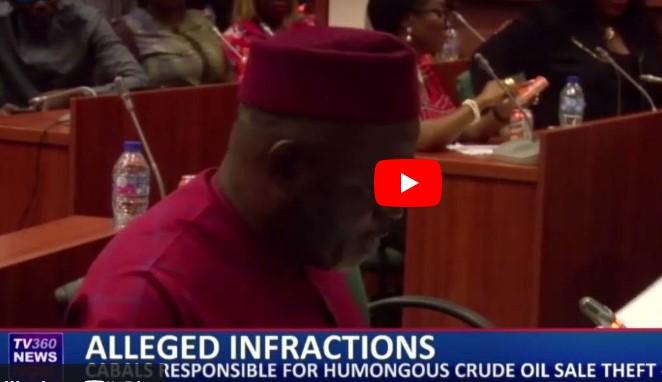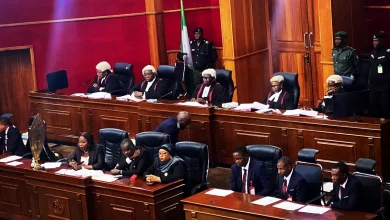U.S. Judge Extends Order Blocking Deportation of Columbia University Student Amid Free Speech Debate

In a highly charged case that has sparked widespread debate over free speech and national security, a U.S. judge has extended his order blocking the deportation of Mahmoud Khalil, a Columbia University student detained by federal authorities.
The extension, granted on Wednesday, follows a hearing in Manhattan Federal Court and gives Judge Jesse Furman more time to review the constitutionality of Khalil’s arrest and detainment.
Khalil, a 30-year-old Palestinian refugee, was arrested by U.S. Department of Homeland Security (DHS) agents outside his university residence in Manhattan on Saturday. His detention is being closely scrutinized, as his legal team argues that the arrest is a retaliatory act in response to Khalil’s outspoken advocacy for Palestinian rights.
His lawyers contend that the detention violates his First Amendment rights, framing it as an attempt to silence dissent against U.S. foreign policy, particularly regarding Israel’s actions in Gaza.
The legal proceedings have drawn attention to a rarely invoked provision under which Khalil is being threatened with deportation.
The U.S. Secretary of State has claimed that Khalil’s presence in the U.S. could have “serious adverse foreign policy consequences.”
However, the DHS has not provided detailed explanations for this assessment, and Khalil’s lawyers argue that this justification is insufficient, especially since his deportation order was issued without any criminal charges or formal evidence of wrongdoing.
Khalil’s arrest and the potential deportation have become emblematic of the broader clash between U.S. national security concerns and the protection of free speech.
In court, his lawyer, Ramzi Kassem, emphasized that Khalil’s arrest was directly linked to his activism, particularly his vocal opposition to Israel’s military actions in Gaza following the Hamas-led incursion on October 7, 2023. Kassem described the deportation as an effort to punish Khalil for his advocacy for Palestinian rights.
Meanwhile, U.S. government lawyer Brandon Waterman argued that the case should be transferred to a different jurisdiction, suggesting that Khalil’s legal challenge be moved to New Jersey or Louisiana, where he has been detained.
This back-and-forth comes as the U.S. weighs whether a college student’s pro-Palestinian stance constitutes grounds for deportation under national security provisions.
Outside the courthouse, Khalil’s wife, Noora Abdalla, gave an emotional statement, expressing her hope that her husband would return to New York in time for the birth of their first child, due next month. “It’s been so hard not having him here,” Abdalla said. “He’s been with me every step of the way, and now I need him more than ever.”
Khalil, born in a Palestinian refugee camp in Syria, moved to the U.S. in 2022 on a student visa and gained permanent resident status last year.
He became a prominent figure in the Columbia University protest movement, speaking out against the violence in Gaza and advocating for Palestinian rights.
However, his actions have made him a target of political scrutiny, particularly after U.S. President Donald Trump alleged that Khalil supported Hamas, though no criminal charges have been filed against him, nor has any concrete evidence of such support been provided.
The case has sparked wider discussions on the limits of free speech in academic settings and the line between political activism and alleged support for terrorist organizations, such as Hamas, which the U.S. designates as a “global terrorist entity.”
Critics argue that the government’s actions reflect a dangerous conflation of criticism of Israel with support for terrorism. U.S. Secretary of State Marco Rubio, speaking during a trip to Ireland, expressed his belief that students advocating for Hamas should not be allowed on American university campuses, highlighting the broader political context of the case.
As this legal battle unfolds, it has the potential to set a precedent for how immigration courts address the intersection of free speech, national security, and the rights of foreign nationals in the U.S. It also raises larger questions about the limits of dissent in the face of U.S. foreign policy and the protection of political expression in universities.





